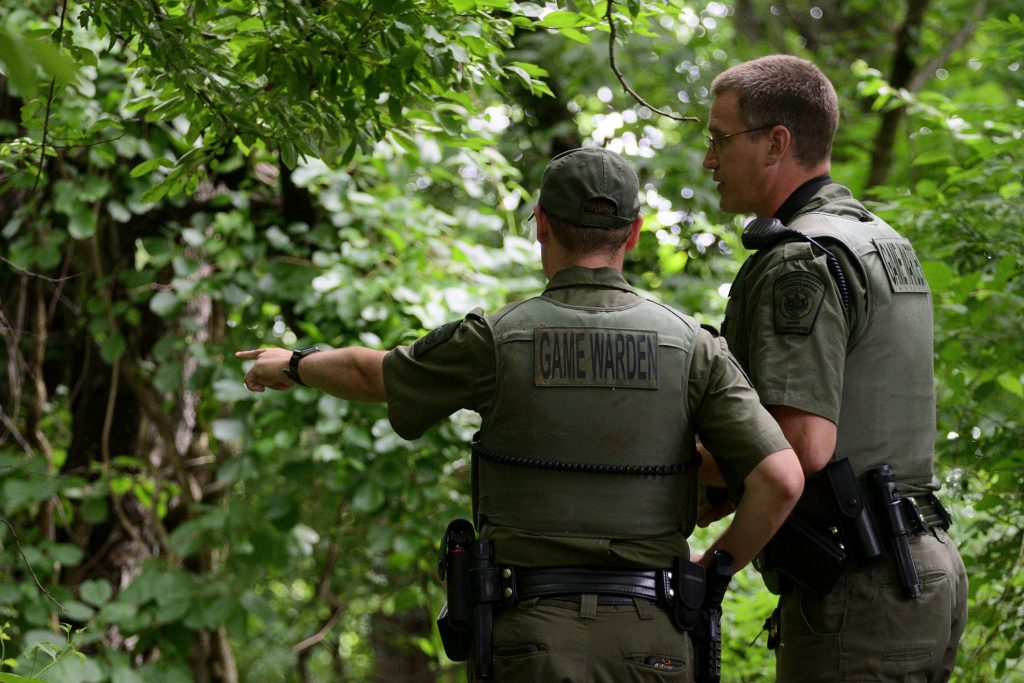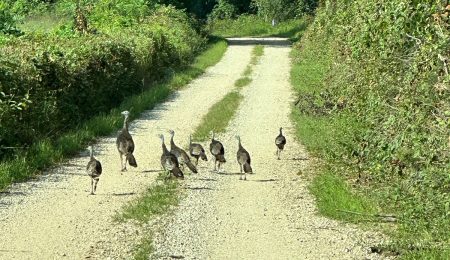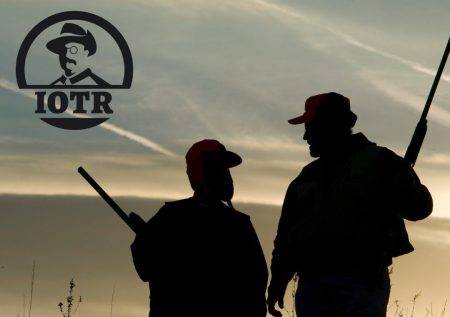When you spend as much time in the woods as we have, you learn that the outdoors can reveal its secrets. Some secrets, though, are darker and heavier than others. Yesterday, a pair of duck hunters in Taylorsville, North Carolina, who stumbled upon human remains in a wooded area near Highway 16 North. That story hit hard because it’s a stark reminder of how hunters, just going about their business, often find themselves in the middle of something far bigger than they ever imagined.
Hunting has always been about more than the pursuit of game. It’s about connecting with the land, understanding the intricate balance of ecosystems, and respecting the human and animal lives that share the wilderness. But when hunters like these two men come across something as sobering as human remains, it underscores how unpredictable the outdoors can be and how we’re all part of a larger story.
There’s been many similar tales over the years. A hunter in Wisconsin finds skeletal remains that turn out to be those of a missing child. A South Carolina hunter stumbles upon a skull in the woods, evidence of a long-forgotten tragedy. These aren’t isolated incidents. Hunters, because of where we go and how we move through the landscape, often uncover truths that have been hidden for years. Some of those truths are about the land, but others are about lives cut short or mysteries long buried.
We as hunters have spent decades exploring some of the most remote places on Earth, often in search of deer, elk, or bear. And while our eyes usually scan for tracks, rubs, or trails, many of us have also seen plenty of signs telling stories of human presence. A discarded shoe, a rusted can, or even an old long abandoned campsite remind us that the wilderness holds human stories as much as it does natural ones. But finding something as serious as human remains takes things to a new level. It’s not just sobering; it’s a call to action.
Hunters who come across human remains bear a heavy responsibility. The first step, of course, is to contact law enforcement immediately. Preserving the scene is critical—what might seem like an innocuous detail to an untrained eye could be the key to solving a decades-old mystery. When you’re out in the field, you don’t think about becoming part of a police investigation, but that’s exactly what happens in these situations. Hunters’ knowledge of the land and their sharp observational skills are invaluable in helping authorities piece together what happened.
The emotional toll on those hunters, though, can’t be overlooked. One can only imagine what it’s like to come across something so unexpected and so tragic. It stays with you, whether you want it to or not. Talking to hunters who’ve had similar experiences will say that it changes how they see the land. The woods are no longer just a place of peace and adventure but also a place where life and death meet in ways you can’t always control.
What stands out the most about the North Carolina story is the sense of duty those hunters must have felt. They weren’t just out there for themselves. By reporting what they found, they’ve potentially brought closure to a family that’s been searching for answers. That’s no small thing. As hunters, we often talk about responsibility—to the game we pursue, the land we walk on, and the traditions we pass down. But there’s also a responsibility to each other as human beings. When you find yourself in a situation like this, it’s about doing what’s right, no matter how hard it might be.
This incident also brings to light the broader issue of missing persons and unidentified remains in the United States. It’s staggering to think about how many families are out there waiting for news about a loved one. According to the National Missing and Unidentified Persons System (NamUs), thousands of cases remain unresolved. Hunters, simply by going where others don’t, play a unique role in helping to uncover these stories. It’s not a role we seek out, but it’s one we accept when it finds us.
Hunting is about more than the kill. It’s about respect—respect for the animals, respect for the land, and respect for the process. But it’s also about respect for the truth, no matter how unsettling that truth might be. When we step into the woods, we’re stepping into a world that’s been shaped by forces far greater than ourselves. And sometimes, that world asks us to witness things we’d rather not see. But in doing so, we become part of a larger story, one that’s about connection, responsibility, and, ultimately, humanity.
For those hunters in North Carolina, their day in the woods turned into something they likely never anticipated. But their actions—calling authorities, preserving the scene, and helping to uncover the truth—are a testament to the character of hunters everywhere. We’re not just participants in the natural world but stewards of it. And sometimes, that stewardship means stepping up in ways we never expected.
Reflecting on this story is a reminder of why we fell in love with the outdoors in the first place. It’s not just about the thrill of the hunt or the satisfaction of a well-earned harvest. It’s about being part of something bigger, something timeless. The woods have a way of humbling you, of reminding you that you’re just one piece of a much larger puzzle. And every now and then, they ask you to play a role you never saw coming.
To the hunters out there, I’d say this: Keep your eyes open, not just for the game you’re pursuing, but for the stories the land wants to tell you. Sometimes, those stories are about life. Sometimes, they’re about loss. But they’re always worth listening to. And when you find yourself in a situation like the one in North Carolina, remember that you’re not just a hunter; you’re a part of something much bigger. Do what’s right, and trust that your actions matter. Because they do.
Per our affiliate disclosure, we may earn revenue from the products available on this page. To learn more about how we test gear, click here.












